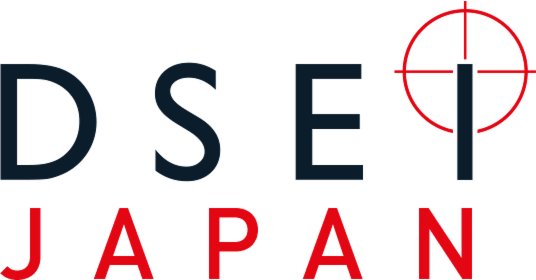The Approach of the commonwealth values to the Indo-Pacific region and Japan's Response "Specific measures to maintain and strengthen an open and stable maritime order
- Pursuing "specific measures to maintain and strengthen an open and stable maritime order" to ensure freedom of navigation in the Indo-Pacific region, which is an important issue for the security of Japan as a maritime nation.
- In view of the dynamically changing security environment surrounding the Indo-Pacific region, including Russia's invasion of Ukraine and China's intensified military pressure on Taiwan, we closely monitor "Security in the Indo-Pacific", which is an important theme for realizing Japan's revised National Security Strategy, etc.
- Clarifying security issues in the Indo-Pacific region from the perspective of Western countries, sharing Japan's initiatives in the region and the challenges inherent in them, and discussing specific measures to resolve these issues.
➡ Pursuing the specific measures necessary to maintain and strengthen anopen and stable maritime order by clarifying the current situation and problems in the Indo-Pacific region, particularly with regard to the maritime order, and sharing the security challenges inherent in the region.
Contents of Discussion:
- Pacific Island Countries to China and measures ofNeighboring Countries
・ Impacts of Russia's invasion into Ukraine on the international society
・ Naval expansion into Indo-Pacific by the navies of European countries including the U.K.
- Challenges in maintaining and strengthening the maritime order in the Indo-Pacific sea area
・ The Actual threat existing in the Sea Line of Communication, the main economic artery.
・ The Future of the strengthened U.S.-Japan alliance and deployment of U.S. Forces which bear the brunt of U.S.-China Relations
・ Military balance between China with expanding growth and the U.S. and its allies
・ New Missile deployment status and post-INF missile defense
・ Deployment of China's aircraft carriers, Amphibious ships, etc. in the South China Sea and response of neighboring countries
・ China's submarine development and its status
・ Collapse of the moratorium on the use of tactical nuclear weapons
- Security strategies of the countries related in the Indo-Pacific
・ Strategies of Japan Maritime Security based on the results of the revision of the three documents
・ Shared responsibilities between the U.S. and Japan for a free and open Indo-Pacific
・ Quad's specific measures based on the Japan-U.S. alliance
・ Specific cooperation with the U.K., Germany, France and other European countries
・ Initiatives to stimulate discussion on maritime security
・ Cooperation with ASEAN countries and the tasks to be achieved by the countries concerned
・ Establishment of the necessary framework for marine domain awareness (MDA)
➡ Discussions will focus on maritime security in the Indo-Pacific region, with active duty naval Admirals from three countries, the U.K., representing Europe, the U.S., and Japan. These Admirals are selected to facilitate discussions on the topic.
➡ At the beginning of the 1 and a half hour session, there will be approximately 5 minutes for greetings and self-introductions, followed by a 15-minute presentation by each speaker, and approximately 30 minutes of discussion, including Q&A sessions from the audience.

